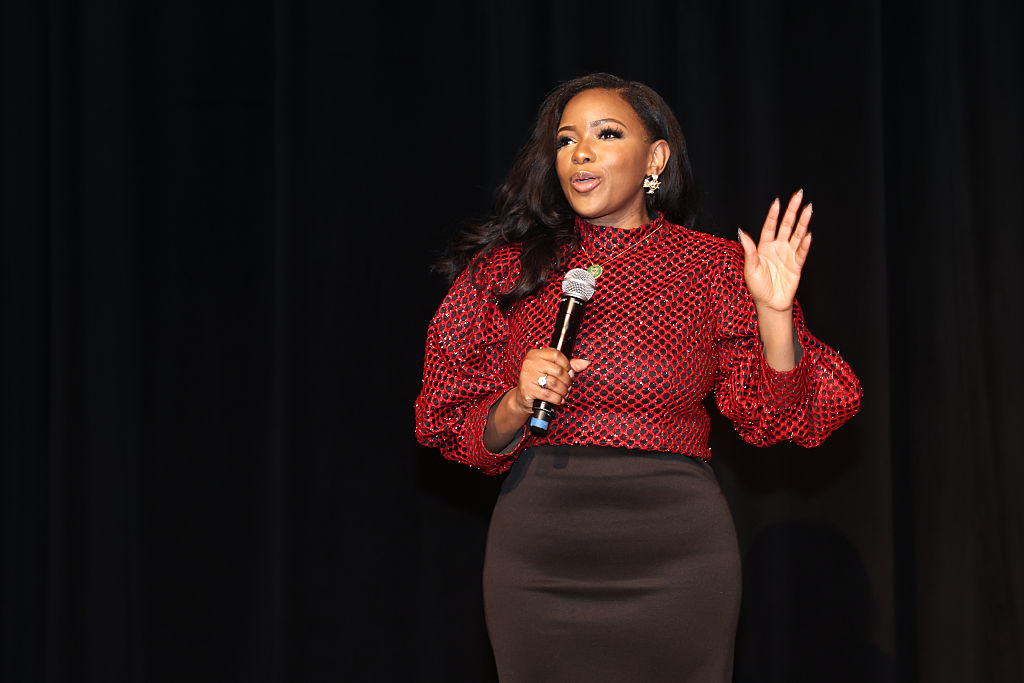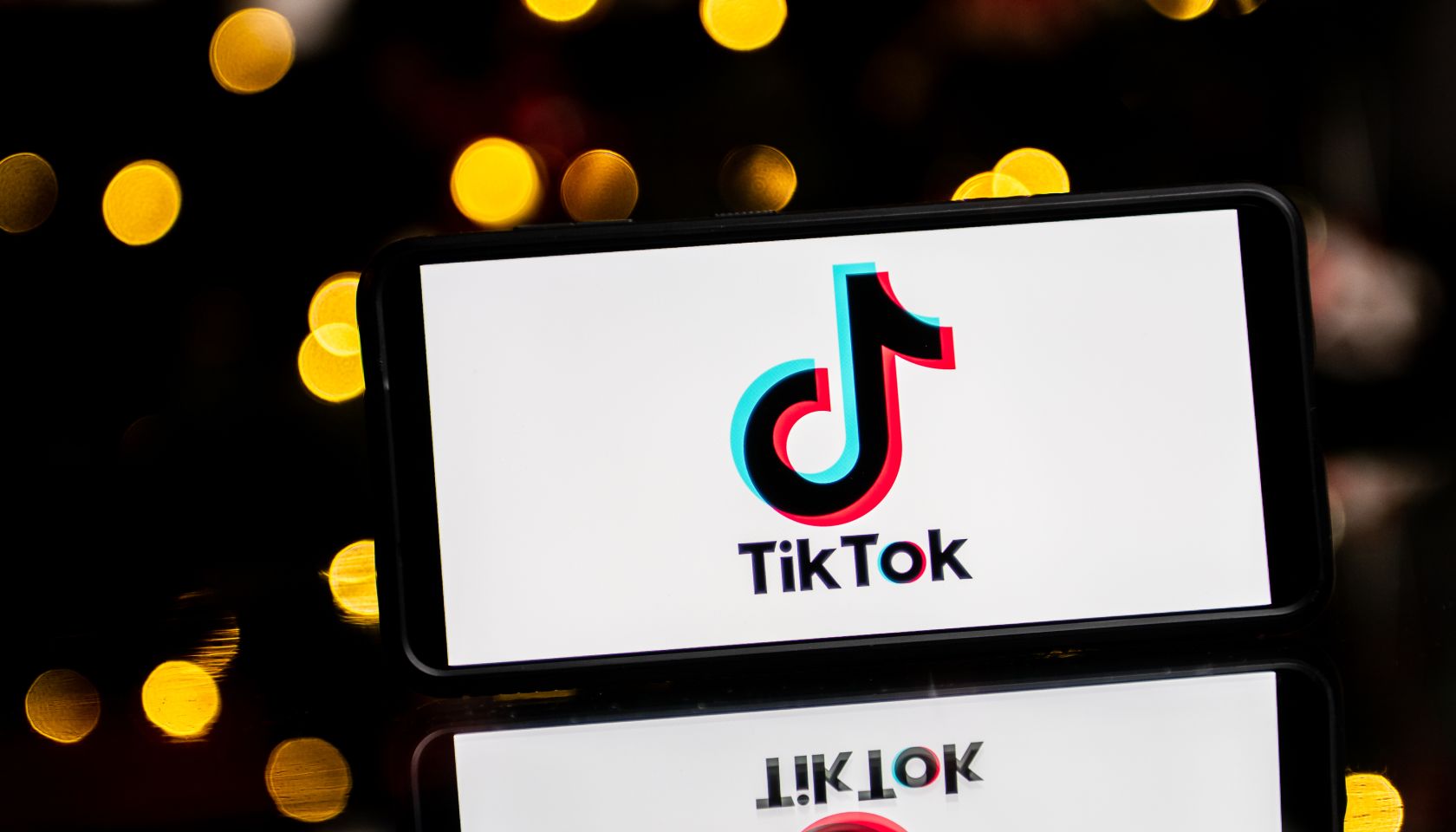‘Riot To Repair’ Project Provides Platform For Community Storytelling

An innovative new project from Media 2070 has just launched online, offering an opportunity to appreciate community voices and perspectives on media and narrative power in real time. The newly launched “Reparative Journalism Archive” provides space for reparative storytelling. It also preserves experiences from various installations and cultural activations such as the Black Future Newsstand.
Developed in partnership with the USC Charlotta Bass Journalism and Justice Lab, “Riot to Repair: Community Archives on Media and Narrative” is the first entry on the new platform.
“This archive is a powerful way to platform voices that are often ignored and left out of published narratives of history,” said Diamond Hardiman, Reparative Narrative and Creative Strategy Director of Media 2070, in a statement. “Many residents and local organizers were included in a way that is not seen in mainstream media.”
According to the site, “Riot to Repair” includes interviews with USC journalists and conversations with over 70 community members about their experiences during and after the 2020 racial justice uprisings. The conversations illustrate a practice of “reparative journalism that confronts mainstream narratives and recontextualizes their place in history.” Organizers hope to shift the prevailing narrative landscape in mainstream and corporate outlets to one that elevates and prioritizes voices from impacted communities.
As NewsOne reported in May, the Riot to Repair exhibit in Los Angeles provided a “five-year retrospective on the uprising sparked by the police killing of George Floyd.” As part of the Black Future Newsstand experience, in-person attendees navigated an augmented reality exhibit featuring examples of reparative policies.
Recognizing the harms of mainstream journalism has been a core function of the Media 2070 project and its home base, Free Press. In May, as the Media 2070 team was unveiling the “Riot to Repair” installation in Los Angeles, Free Press’ New Voices project supported the launch of a code of ethics for reporting in Philadelphia. The code of ethics and the broader work of the Philadelphia Safer Journalism
“Status-quo journalism standards were never designed with Black and Brown communities in mind,” said Cassie Owens, New Voices Philadelphia Program Manager, in a statement. “This recognizes that truth—and moves instead to build new traditions of care, accuracy, and accountability for public safety coverage that centers our communities’ realities, voices, and futures.”
Both projects are a part of a broader demand for care and community when covering Black and other impacted groups.
“We want change to sweep across the industry instead of falling on a handful of editors to shoulder this responsibility,” Owens said. “We know that won’t lead to long-lasting change, and we want systemic recourse.”
SEE ALSO:
Howard University Journalism Students Confront The Danger Of Reporting In D.C. While Black
Movement For Black Lives Creator Academy Offers Organizing Online










